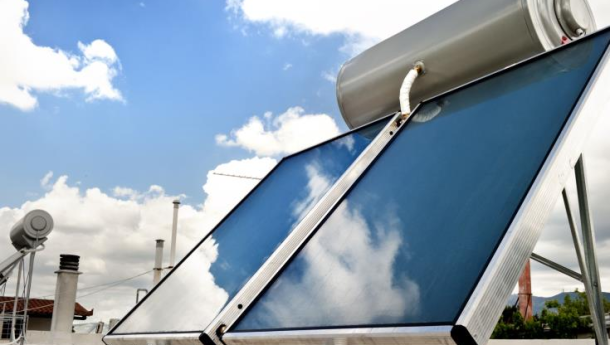
Cyprus' investment footprint in the energy sector is small but not insignificant, with expected investments in the sector amounting to over €16 billion for the decade 2021-2030, experts said at the third and fourth sessions of the 11th energy symposium, organised by FMW and the Institute of Energy of South East Europe in Nicosia on Tuesday.
The discussion focused on the challenges facing the energy sector, specifically electricity in Cyprus, and the investment opportunities that arise for the coming years.
In the third session, on the subject of Electricity, Chairwoman of the Electricity Authority of Cyprus (EAC) Board of Directors, Despina Panayiotou Theodosiou, noted that the inclusion of RES in the EAC electricity mixture is a necessary condition for reducing the country's dependence on fossil fuels and for reducing the price of electricity.
She noted that a development plan has been prepared that allows EAC to be actively involved in RES and to contribute to the achievement of the national goals for energy transition. She mentioned that the Akrotiri photovoltaic park, with a total power of 12MW, has already been put into operation. Panayiotou noted that the cost of energy from this park is at 5.5 cents per kwh, and "will offer the first, although small, reduction in energy costs to all consumers."
She also spoke of a preliminary study for the installation of energy storage systems through the use of batteries with a total capacity of 240 MWH. The project's budget amounts to €60 million, and if approved, is expected to be completed by 2025.
Referring to other challenges EAC faces, she spoke of the stake of EAC's successful participation in a competitive environment, with the opening of the electricity market, the import of natural gas and the conversion of the production units of Vassilikos power plant, the installation of additional metering system infrastructure and development projects in the transmission and distribution networks.
Stavros Stavrinos, Executive Director at Transmission System Operator Cyprus focused on the challenges of managing the grid efficiently, with the penetration of RES.
He said the goal is to absorb as much energy from renewable sources as possible. However, he noted that in Cyprus the penetration of RES has reached the point where it prevents the system from being scheduled in an economical and safe manner, which, he said, must be solved before further penetration of RES occurs.
For his part, George Chrysochos, CEO of Power Energy Cyprus (P.E.C.), which is preparing to operate in July 2024 the first independent power plant in Cyprus, with a budget of €200 million, noted that emissions are estimated to be 40% less than the current average conventional production.
He stressed that investors are asking for a stable investment environment, noting that there is private investment interest in energy storage as well.
In the fourth session of the symposium, on "Energy and Investments", Nicos Trypatsas, Deputy General Manager of CSE, said that companies of the energy sector should go public through CSE.
Regarding green bonds, he said that several trillion euros are invested in Europe. In Cyprus, to encourage this type of bonds, the CSE diversified its pricing policy, said Trypatsas, noting that the first application to raise €5 million for 2 photovoltaic parks has already been made.
On his part, Costis Stampolis, Chairman and Executive Director of the Institute of Energy of South East Europe reported that investment interest in the Southeast Mediterranean region has increased by €137 billion from 2017 to 2021, with the estimated investments for the decade 2021-2030 amounting to € 436 billion.
Specifically for Cyprus, he said that the expected investments for the decade are expected to reach €16.2 billion, compared to €7.4 billion which were the estimates in 2017, noting that Cyprus' investment footprint in the energy sector is "small but not insignificant".


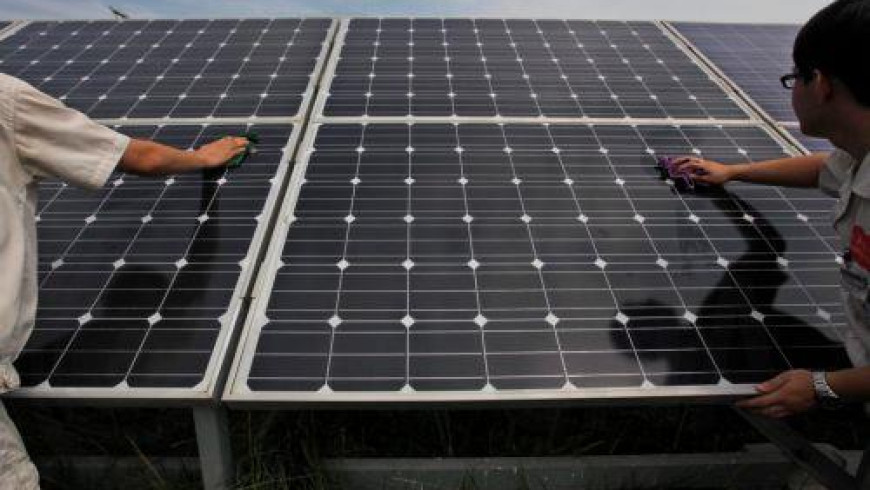

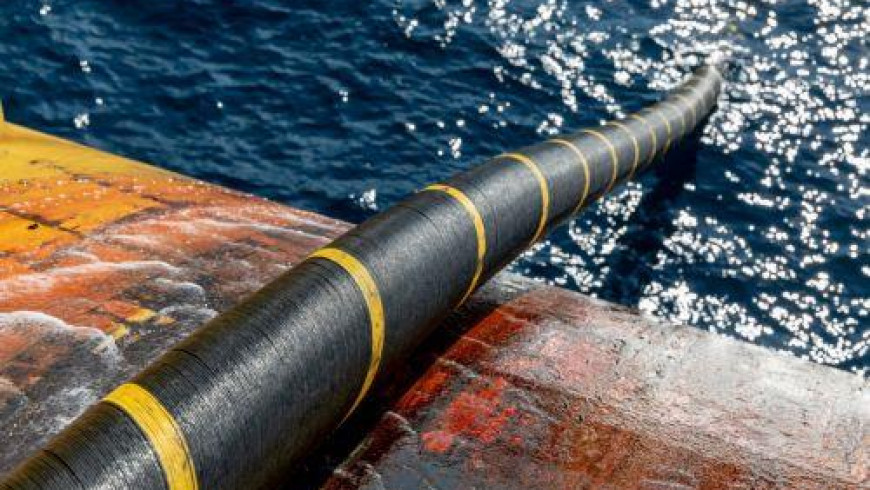
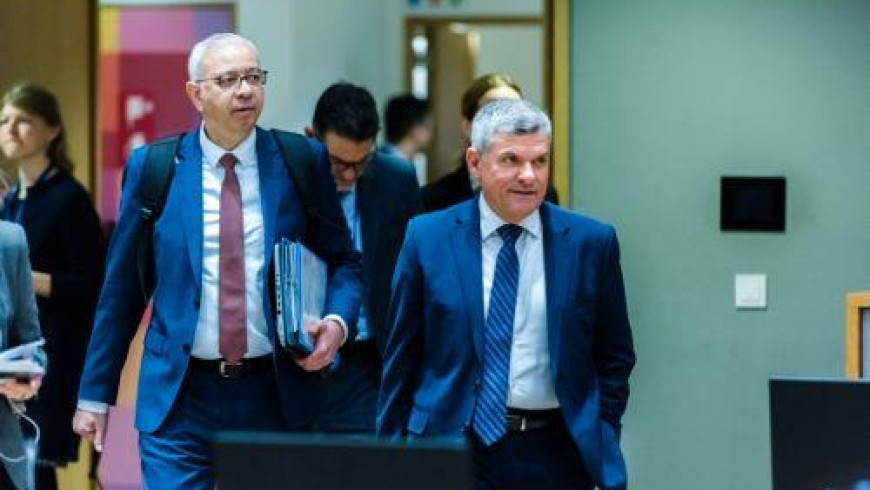
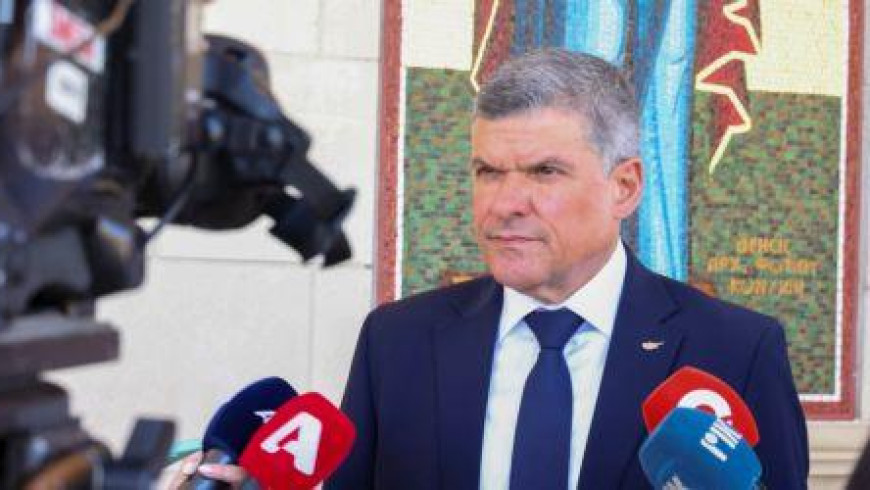
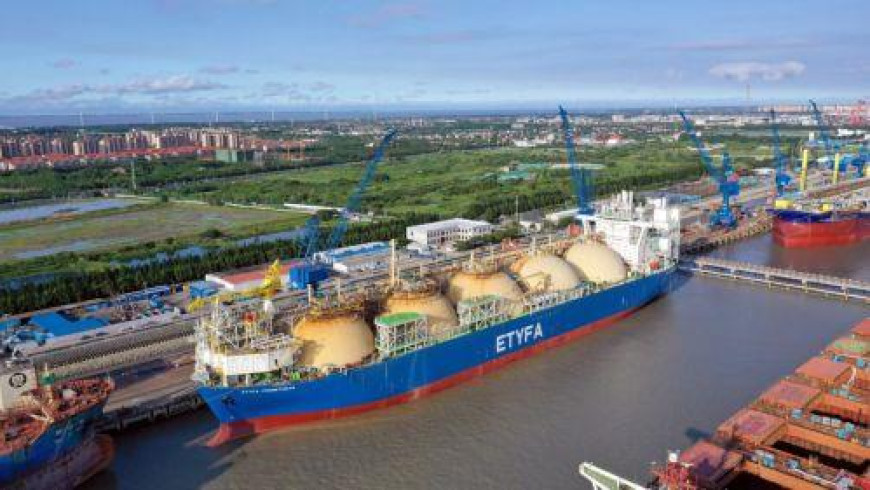
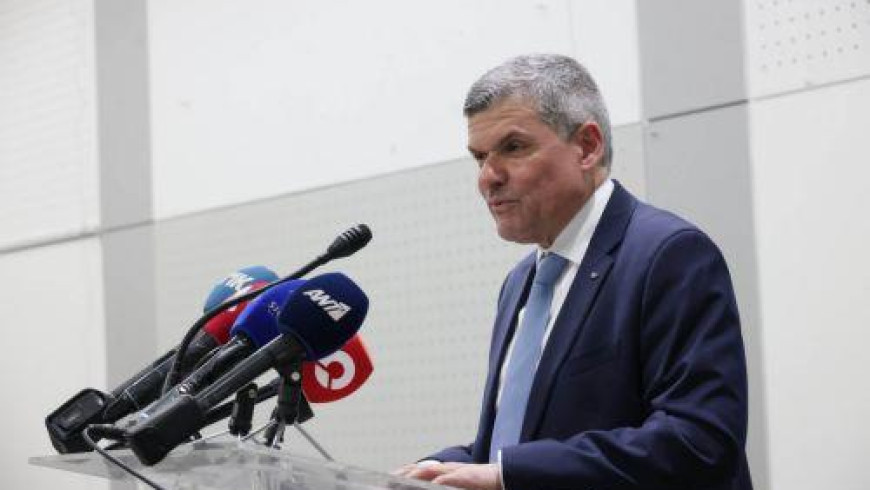




 3287.99
3287.99 1275.09
1275.09
